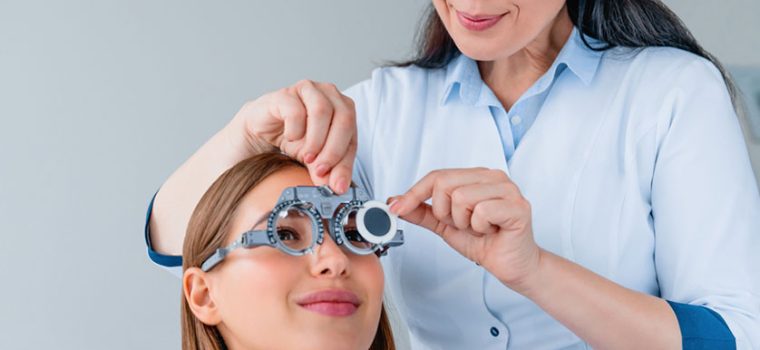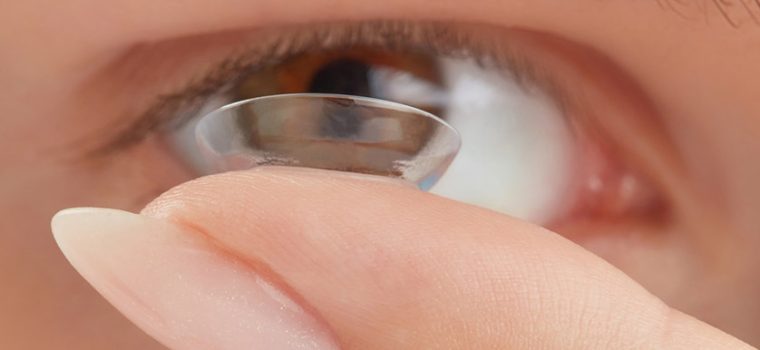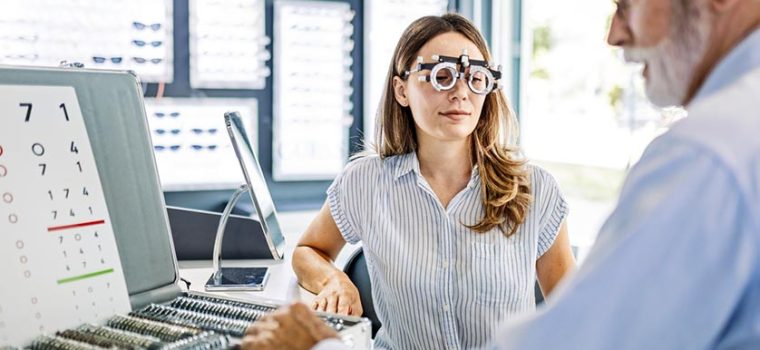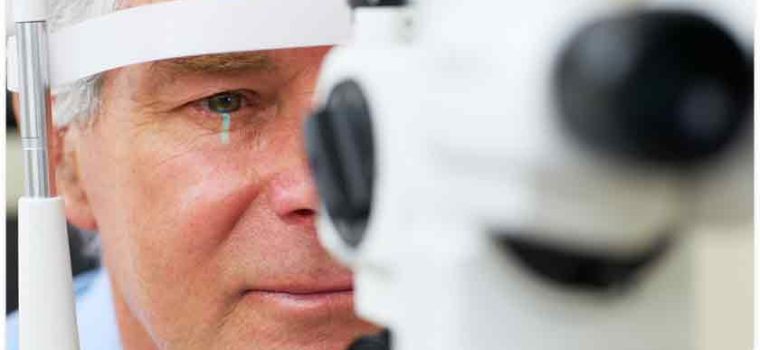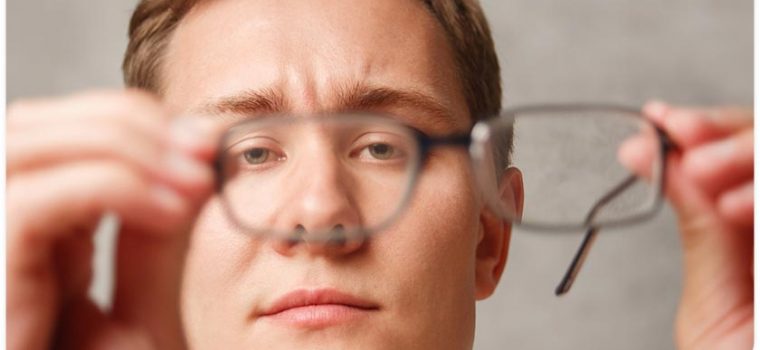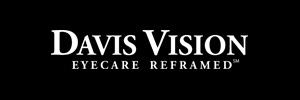Welcome to the new year! As is tradition, you’re likely considering various resolutions to improve various areas of your life. But have you given thought to your eye health? Considering how essential your vision is in daily life, it makes sense to vow to take better care of it this year. As a trusted optometrist, Eyes […]
What You Need to Know About Orthokeratology
Orthokeratology or ortho-k involves wearing a special type of rigid gas permeable (RGP) contact lenses overnight that temporarily reshape the cornea. As you sleep, the lenses slowly change the shape of the eye’s surface. When you wake in the morning and remove them, you should be able to see well without eyeglasses or contacts.
Identifying Early Signs of Presbyopia
Are you struggling to read small print or holding your book further away to clarify the words? If yes, you might be experiencing early signs of presbyopia. Presbyopia is a natural, often age-related, condition where the eye’s lens hardens, making it more challenging to focus on close objects.
Why Crying Benefits You
You might think that shedding a tear is a sign of weakness or embarrassment. However, those little droplets can do wonders for your eye health. Yes, you read it right—crying is actually good for you! Read on to discover the surprising science behind crying and clarify the many ways that a good sob can help […]
6 Signs You Should Get Your Eyes Checked
Are you experiencing any changes in your vision lately? It’s easy to overlook the importance of regular eye check-ups, but keeping your eyes in top shape is crucial for maintaining good vision and overall health. In this blog post, we’ll discuss six signs that indicate it’s time for you to get your eyes checked.
Are Cataracts Preventable?
Cataracts are a common eye condition that can significantly impact your vision and quality of life. But did you know that there are steps you can take to help prevent this clouding of the eye’s natural lens from forming? In this blog post, computer vision exam provider Eyes On Norbeck discusses the risk factors for cataracts and […]
Is Wearing the Wrong Prescription Bad for My Eyes?
Wearing eyeglasses helps you see clearly if you have refractive errors and is vital to maintaining clear vision. However, many people get the wrong prescription, causing them to experience a wide variety of effects that hinder them from doing daily life activities. Eyes On Norbeck explains more.
How Your Vision Changes With Age
As you get older, it’s natural for your sight to change. While some age-related vision conditions can have serious consequences, many can be managed with the right care.
When Should You Get Multifocal Lenses?
Many middle-aged and older adults develop presbyopia over time. It happens when the lenses of your eyes harden and lose their elasticity. When they become more rigid, they lose their ability to focus on nearby objects.
How Often Should You Update Your Eye Prescription?
Your eye prescription changes as you age. Typically, if you have healthy eyes and no vision problems, it’s recommended to have your eyes checked at age 40. And if you have an eye condition, it’s important to go to your optometrist on a regular basis for eye exams and eye prescription updates.
- « Previous Page
- 1
- 2
- 3
- 4
- …
- 6
- Next Page »



